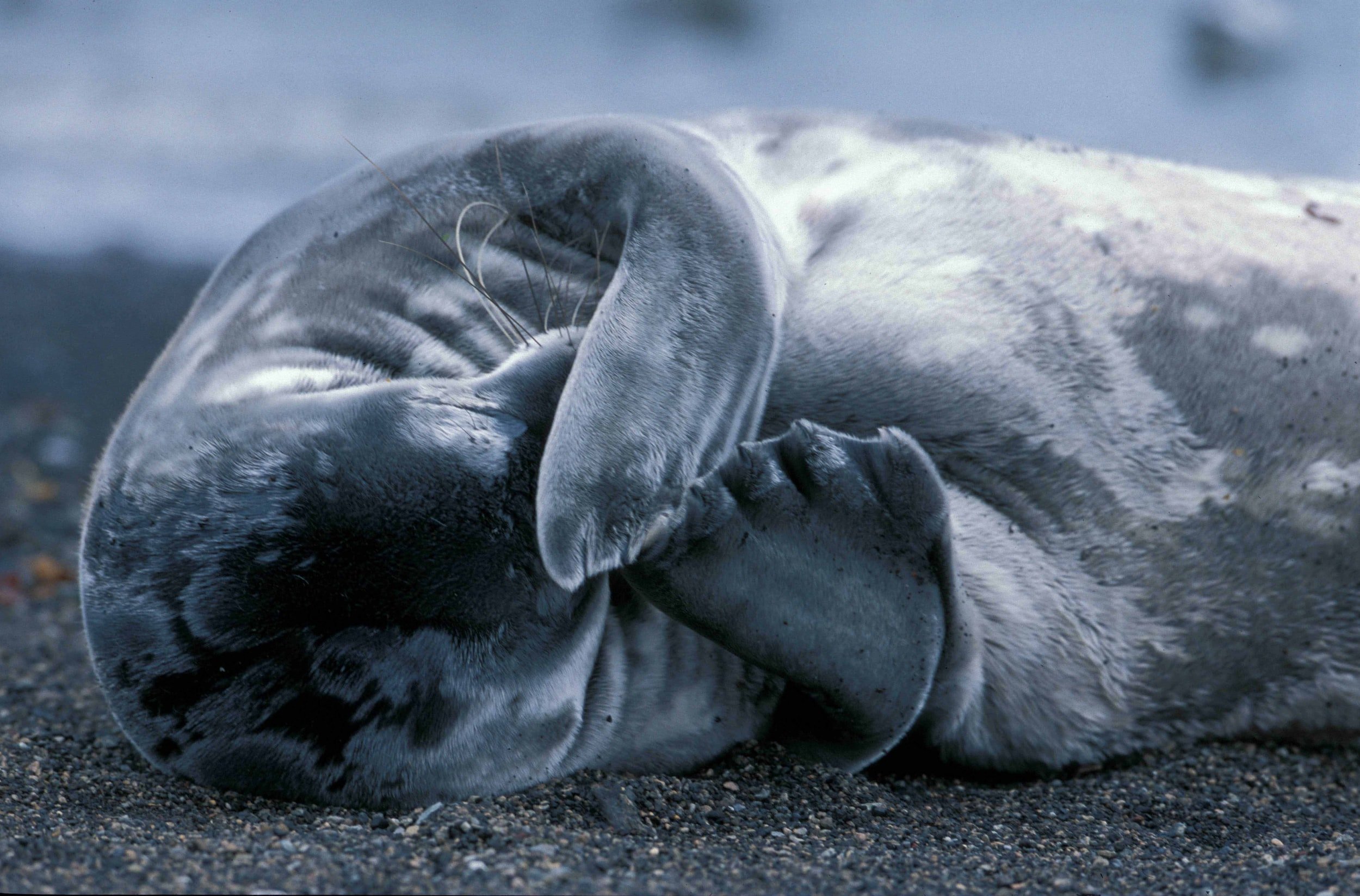How Climate Change Impacts Animal Health
A polar bear on a lone iceberg, adrift at sea, is one of the most popularized images showing how climate change affects animals. While polar bears are certainly among the impacted species, with much of their habitat at risk in warming temperatures, the extent of climate change effects is more far-reaching than a snapshot of the arctic might suggest. Here’s how the cascading effects of climate change impact animal health worldwide, and how major groups of species are living—and dying—with the consequences.
How Is Climate Change Affecting Animals?
Climate change has significant impacts on animal health, with a wide range of species affected by changes in temperature, precipitation, and other weather patterns. As temperatures rise, animals are more susceptible to heat stress, which can lead to health problems including decreased growth and reproduction, reduced immunity to disease, and increased susceptibility to parasites and pathogens.
Furthermore, changes in climate and weather patterns can affect the spread of zoonotic diseases, as demonstrated by “the establishment of new vector species, such as specific mosquito and tick species, in Europe and other parts of the world.” Wider spread of disease and increased cross-species transmission present urgent challenges to animal, human, and global environmental health.
Climate change also leads to habitat degradation and loss, along with critical ecosystem changes that have spiraling effects. These impacts can engender further negative consequences, creating feedback loops that continue to worsen circumstances. In the wake of these large-scale shifts, many species are left at risk for deteriorating health and extinction.
Species Affected by Climate Change
With ocean habitats in flux due to climate change, marine species are among those most affected. As the ocean absorbs a large amount of heat and carbon dioxide, ocean acidification and warming occur. These processes have severe impacts on marine organisms. Acidification can make it harder for marine animals to build and maintain shells and skeletons, while warming can cause coral reefs to bleach and die, which can have cascading effects on the entire ecosystem.
Another group of species affected by climate change are migratory birds, as changes in temperature and precipitation patterns can disrupt their migration patterns, making it harder for them to find food and suitable breeding habitats. According to research from the National Audubon Society, more than half of North America's bird species are at risk of extinction due to climate change.
As the planet continues to warm, it is crucial that we take action to mitigate climate change and protect vulnerable species. Here at International Veterinary Outreach (IVO), we’ve made it our mission to tackle the problems that affect human, animal, and environmental health. We’re working hard to improve the lives of people and animals worldwide, and you can help us do it! Support our international conservation efforts and animal health programs by donating today!

